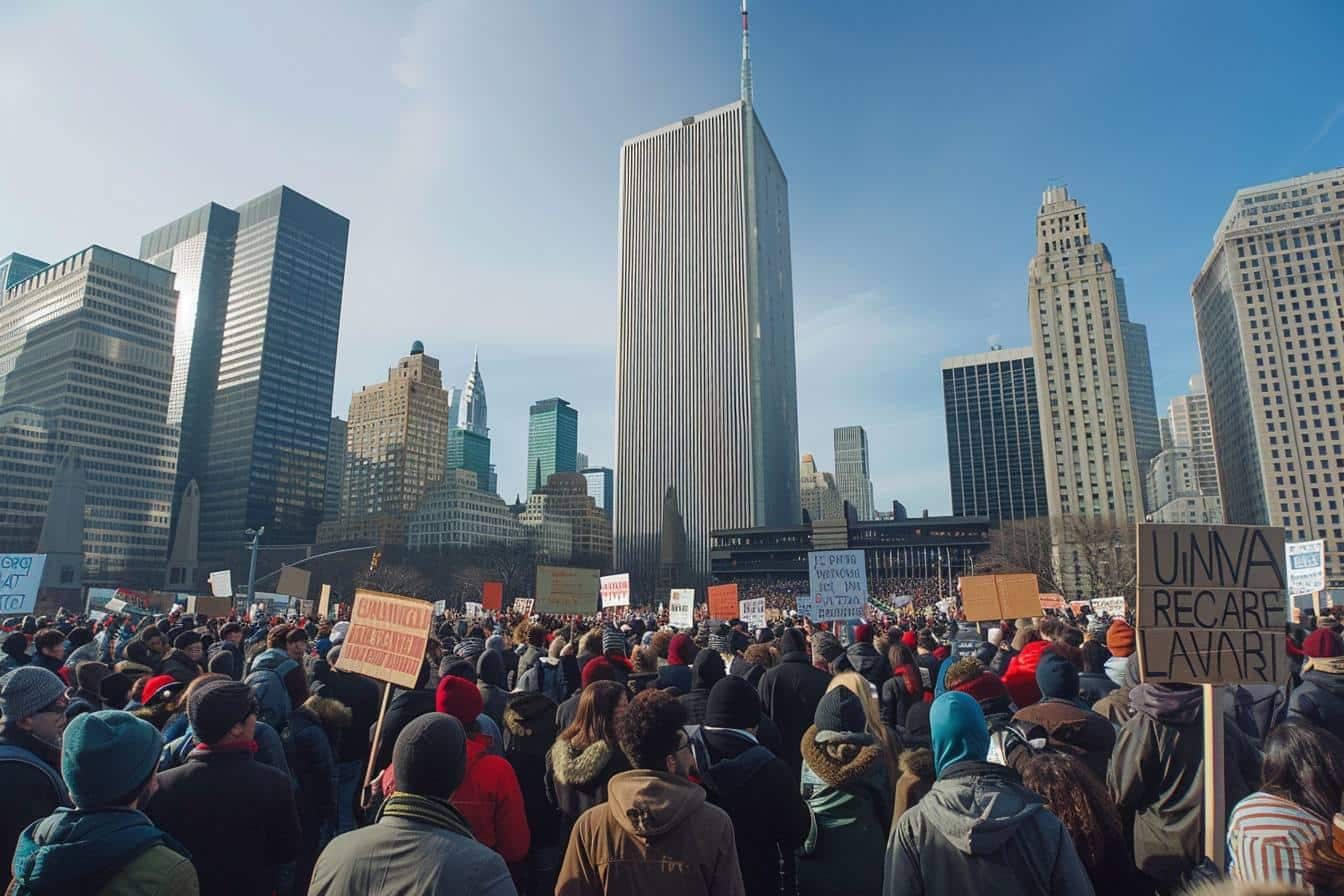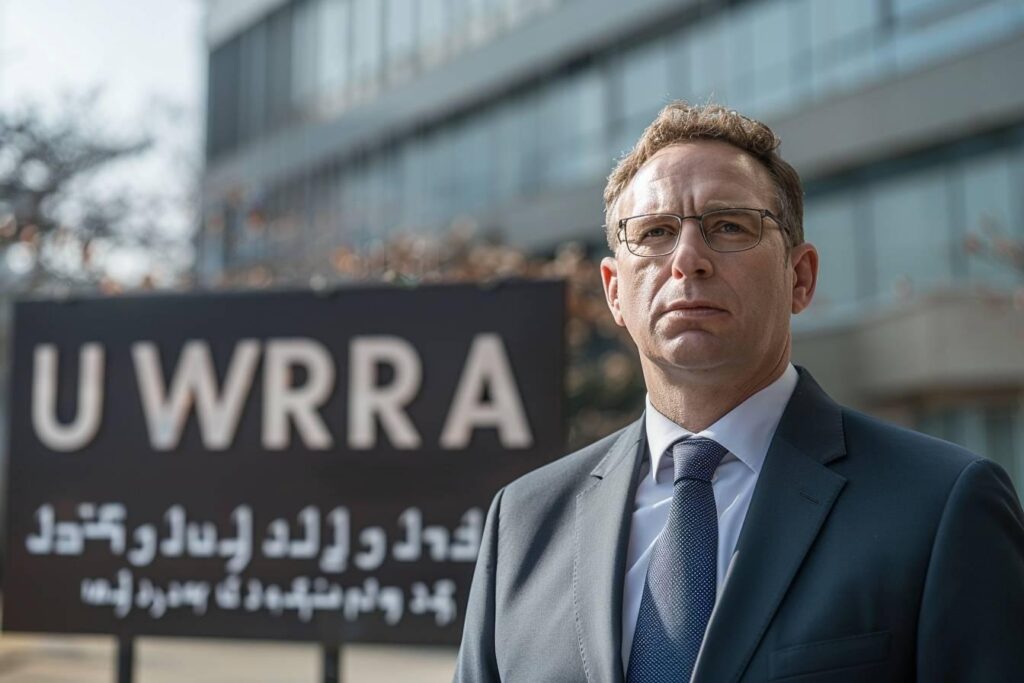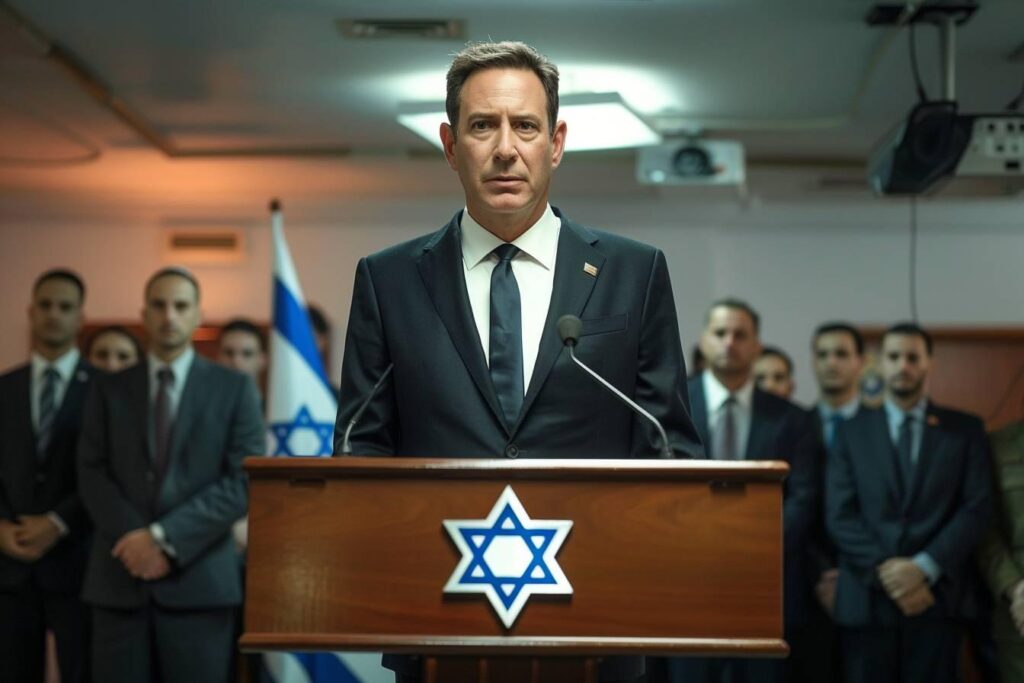Knesset Moves to Block UNRWA Operations in Israel: What Does It Mean for the Region?

In a recent landmark decision, the Knesset plenum has approved two significant bills that could reshape the landscape of international aid within areas under Israeli control. These bills aim at halting the operations of the United Nations Relief and Works Agency (UNRWA), an entity that has been at the forefront of providing aid to Palestinian refugees since 1949. This article delves into the implications of this decision, both within Israel and across the broader Middle Eastern region.
Understanding the Legislation
The recent legislative move consists of two bills spearheaded by MK Yuli Edelstein, chairman of the Knesset Foreign Affairs and Defense Committee. The first bill mandates a complete cessation of UNRWA’s operations within Israel, prohibiting any institutions, services, or activities run by UNRWA. The second bill sets a timeline, stating that the treaty between Israel and UNRWA will expire just seven days after these bills receive final approval in the Knesset plenum.
These decisions have garnered considerable support within the Israeli parliament, passing with votes from both coalition and opposition members. This alignment across traditional political divides highlights a rare consensus on an issue that has long been contentious within Israeli politics.
The Rationale Behind the Bills
Edelstein has vocally criticized UNRWA, labeling it an “integral supporter of terror and hate.” This strong stance reflects a broader sentiment among supporters of the bills that UNRWA has failed in its mission, acting instead as a politicized entity rather than a neutral humanitarian organization. By passing these bills, Edelstein and like-minded lawmakers aim to sever what they perceive as a problematic link between international aid and political conflict.
International Reactions and Implications
The decision to phase out UNRWA’s operations in Israel was met with international concern. Many global leaders and humanitarian organizations argue that UNRWA plays a crucial role in supporting thousands of Palestinians, particularly in providing education, healthcare, and social services. There is an apprehension that without UNRWA’s involvement, there might be a vacuum that could exacerbate tensions and hardships in regions already marred by conflict.
Potential Consequences for Local Communities
The most immediate questions arising from this legislative change pertain to who will provide the essential services previously offered by UNRWA. In areas like East Jerusalem, Gaza, and the West Bank where UNRWA has been significantly active, there is now uncertainty about the future of these humanitarian services.
This legislative move might also reshape Palestinian-Israeli interactions. With the removal of an internationally recognized aid agency, Israel may face increased pressure to directly address the needs of Palestinian populations—a task with both political and practical challenges.
Responses from Within Israel
Within Israel’s diverse societal fabric, reactions are mixed. Some view this as a positive step towards eliminating external influences from Israeli-Palestinian affairs. Others express concern about potential repercussions on Israel’s international standing and relations with other nations and international bodies.
Looking Ahead: The Road to Self-Sustainability?
Proponents of the bills argue that this move could lead to greater self-sustainability for Palestinian communities. By transitioning away from international aid dependency, there is a potential for fostering more locally-driven economic development and governance structures. However, achieving this transition smoothly will require careful planning and significant resources.
Conclusion: A Historic but Controversial Decision
The Knesset’s decision to end UNRWA’s operations in Israel marks a historic shift in how international aid is administered in areas under Israeli control. While it is seen by many as a necessary step towards autonomy and security, others view it as a move that could lead to greater instability and hardship for Palestinian populations.
The coming months will be critical as lawmakers, community leaders, and international stakeholders respond to these changes. It will be essential to monitor how these adjustments are implemented and their effects on the ground—ensuring that humanitarian needs are met without compromising peace and security in the region.



